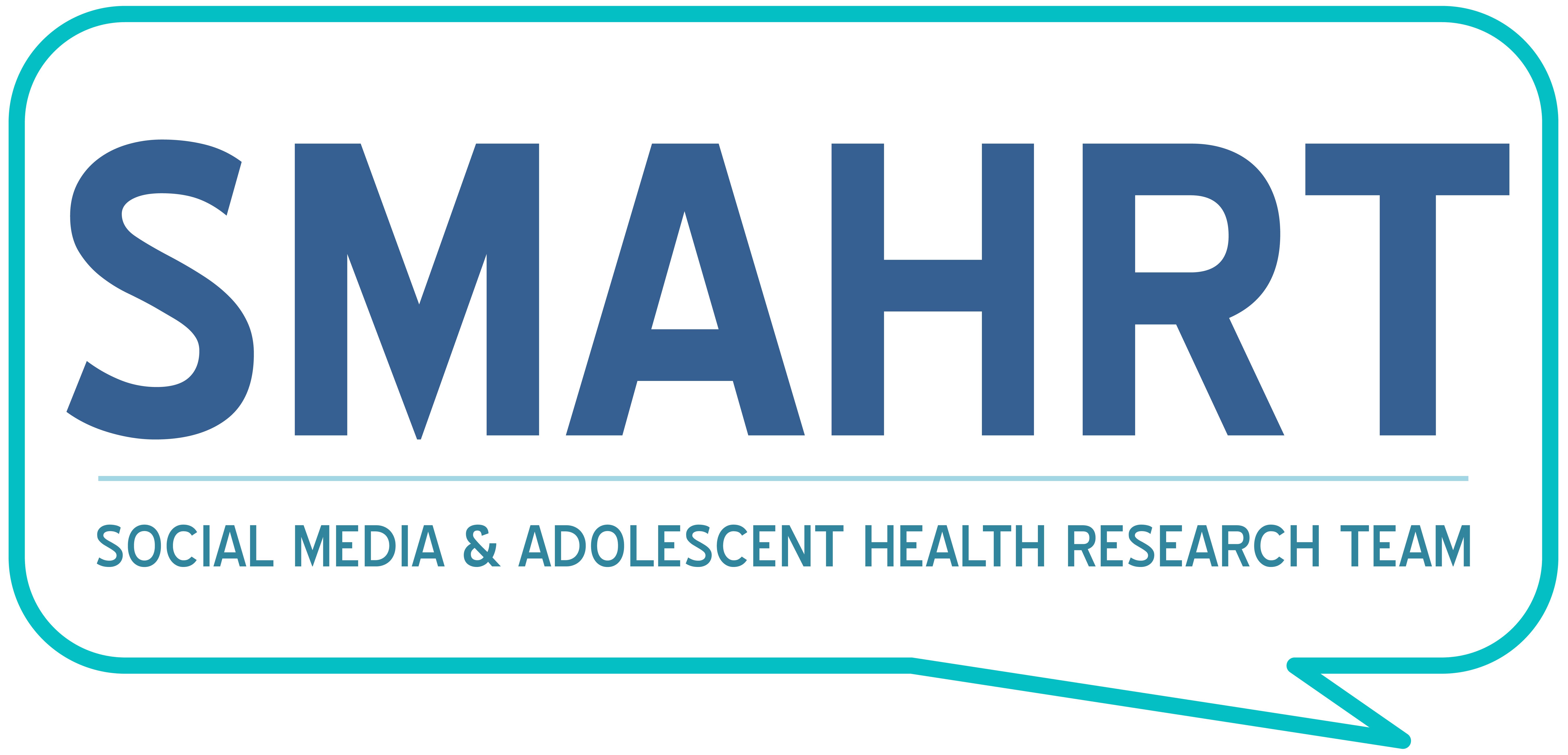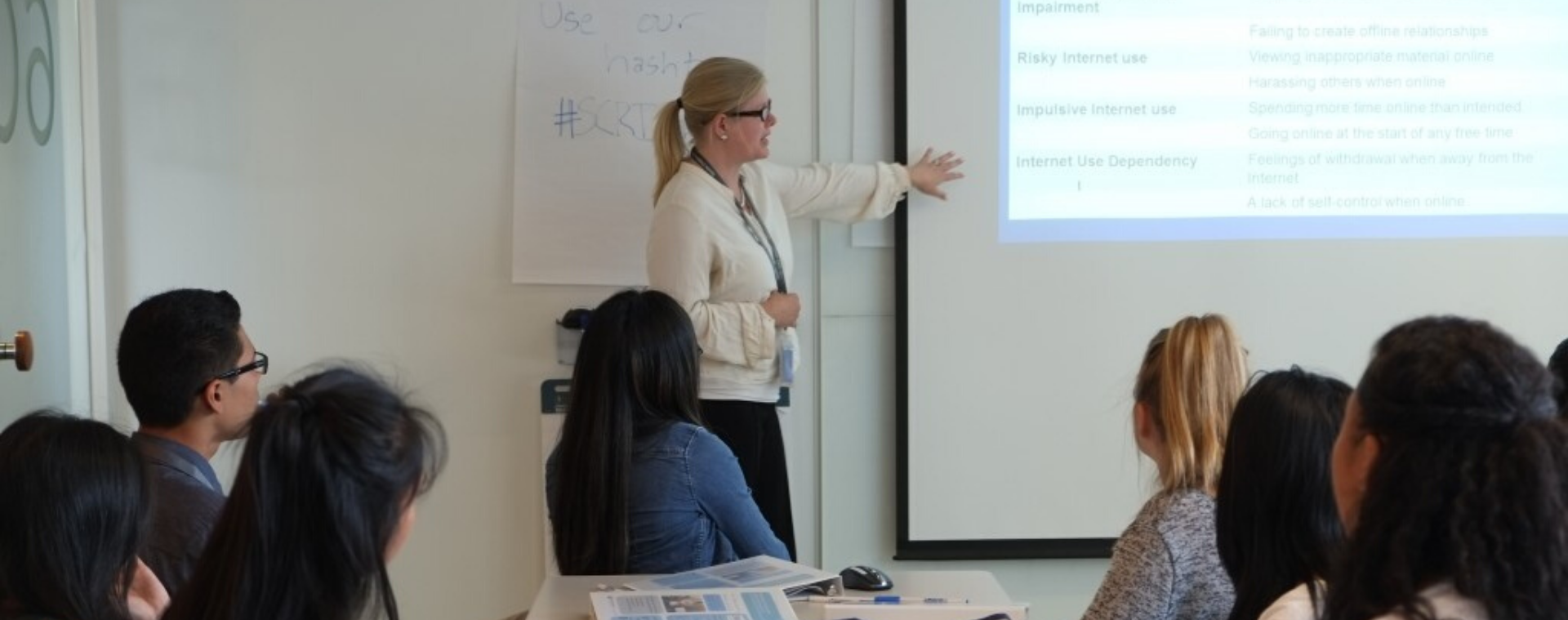By Anna Jolliff, MS
Before the break, we talked about an evidence-based approach to making (and keeping) New Year’s Resolutions. Today, I’ll be reviewing the perspectives of different SMAHRTies on this same topic. As a bit of a spoiler, I was happy to discover that most of our thinking was supported by research!
I talked with four staff, and everyone had one thing in common when it comes to New Year’s Resolutions: they generally don’t make them. (Or at least, not at the New Year). Staff described goals that emerge at different points throughout the year, and changes they are working on continuously. Some resolutions are constrained to 30 days, while others last well over 365.

Two staff spoke to the importance of only selecting resolutions which align with existing, personal standards and expectations. (These goals are “self-concordant,” as we learned in Part 1). For example, one SMAHRTie mentioned that she is interested in texting less and calling more. This is based on a personal self-observation that calling, while less automatic, is actually more enjoyable for her. This goal is self-concordant.
It’s far easier to arrive at self-concordant goals with self-reflection. One staff is participating in a month-long self-reflection challenge at her yoga studio, the goal of which is simply to determine if there is anything she wants to change. I love this approach; rather than presuming a problem, why not investigate? You wouldn’t take your car to the shop unless the “check engine” light was on or the brakes were squeaking. (Well at least, I wouldn’t; those two indicators fully exhaust my automotive knowledge.)
In essence: the individual perspectives of SMAHRTies align with what the research tells us. Resolutions should be self-concordant, rather than the result of external influence. Furthermore, context can and should support resolutions – but you’re in charge of the context. Make resolutions as you come by them honestly and naturally, whether that be on January 1st or the middle of July.
Whatever your approach to resolutions: thank you for sharing the New Year with us!

